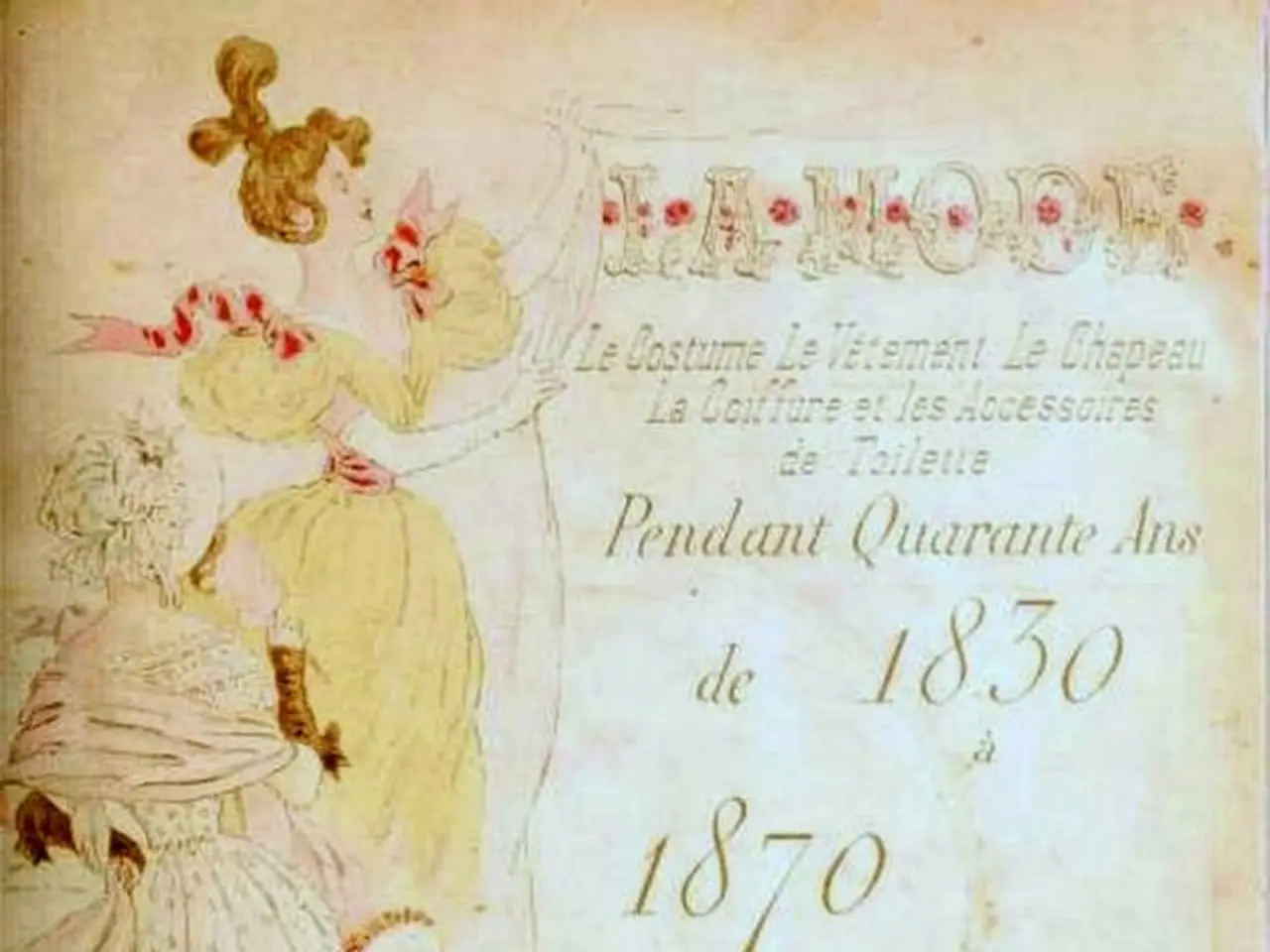The Emerging Trend of Traditional Wives, or Tradwives: A Look at Its Core Components
In recent times, the concept of a "tradwife" has resurfaced, causing a stir in discussions about gender equality. This term refers to women who choose to live under traditional gender roles, primarily focusing on housework, childcare, and supporting their husband while the man is the main economic provider.
The driver of "please," a concept introduced in transactional analysis, is one of the most relevant internal messages guiding behavior in the context of the tradwife. This driver is an internal need to satisfy and please others constantly seeking external approval. For many women, this need has been imposed socially and culturally for centuries.
The resurgence of the tradwife model suggests a response to the complexity of modern life and the pressure on women to "have it all": a successful career, a perfect family, and an active social life. However, by following the driver of "please," women may sacrifice their own ambitions and opportunities for personal and professional development.
The idealization of the tradwife model often overlooks the lack of basic rights and opportunities for women in the past. Simone de Beauvoir, in The second sex, argued that women's problems have always been a man's problem, referring to how traditional roles have been imposed from a patriarchal perspective.
From a feminist perspective, the concept of tradwife reinforces restrictive gender roles that limit both women and men. Feminist critics like Enitza Tempelton, a former Tradwife and women's rights activist, actively oppose the Tradwife concept by highlighting the dependence and abuses faced by women in this role.
The economic and emotional dependence that can result from the tradwife model makes it difficult for women to develop an independent and autonomous identity. This dependence can negatively affect women's self-esteem and emotional well-being. Moreover, it puts them in a vulnerable position, making them economically dependent on their husbands.
Promoting the model tradwife as an ideal can undermine the progress made in gender equality. Betty Friedan, a renowned feminist, pointed out that women have been conditioned to find their value in external approval, especially in the context of the home and family. Women are expected to be kind, submissive, and focused on the needs of others, reinforcing the idea that their value lies in their ability to care for and support others.
Critically analyzing the concept of tradwife and its impact on the fight for gender equality is crucial. It's important to be mindful of the broader implications of individual choices, as the tradwife model can reinforce restrictive gender roles that limit both women and men.
The tradwife model can also be politically exploited by right-wing groups such as Turning Point USA. Feminist perspectives are voiced in media and social discussions exposing this political exploitation. However, transactional analytic critiques of the Tradwife concept are not explicitly detailed in the available sources.
In conclusion, while the tradwife model may provide some personal satisfaction, it perpetuates restrictive and unequal gender roles and can negatively impact women's self-esteem, emotional well-being, and economic independence. It's essential to continue the conversation about gender equality and challenge the traditional norms that limit women's opportunities and potential.
Read also:
- Magnesium-Rich Beverages: Origins, Advantages, and Potential Hazards
- Chinese Rare-Earth Mining Endangers the Mekong River's Integrity
- Deteriorating munitions are submerged in the Baltic Sea, and Germany aims to retrieve them before it's too late.
- Individuals Should Act if Drivers Display Risky Behavior - National Safety Awareness for Passengers Week







